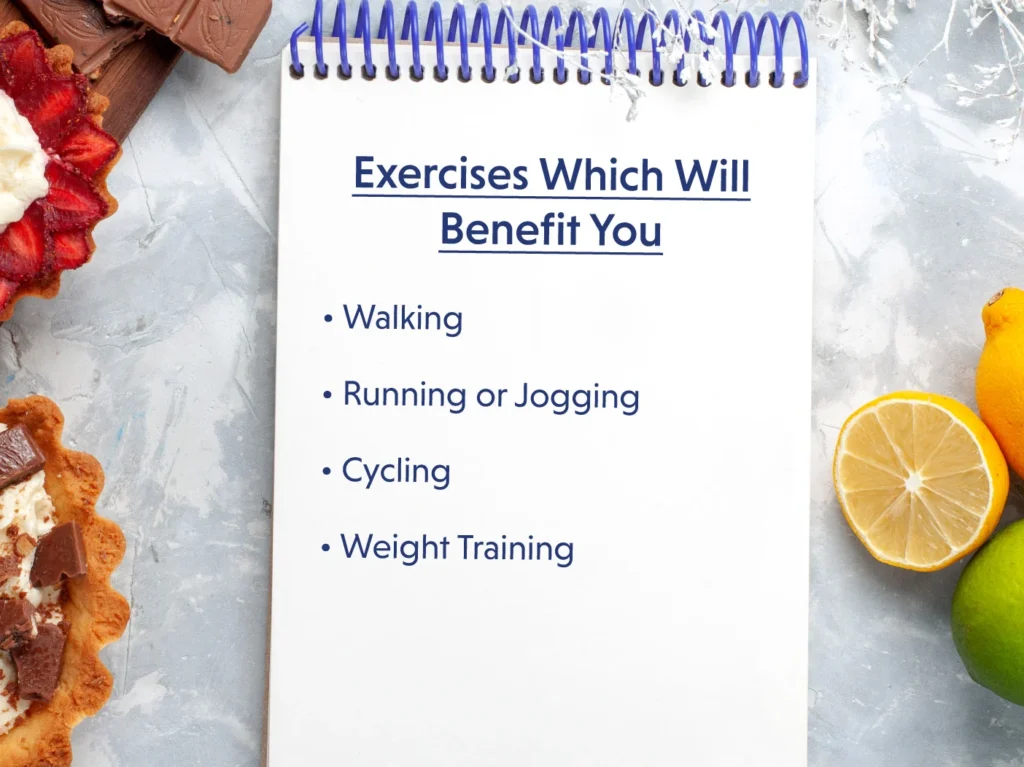Our gut contains a population of trillions of microorganisms. This community of beneficial microbes is termed as gut microbiome, and the gut health is influenced by any alteration in the composition of gut microbiome. Hence, we need to maintain gut diversity as it is important for your overall health and assists you with your fitness goals also.
Researchers have found that the gut microbiome not only helps in digestion of ingested food and absorption of nutrients in the intestine, but it can also influence your ability to lose weight. The genetics of these bacteria determine how quickly people can digest food and take advantage of nutrients in those foods. A healthy digestive process will help in the breakdown of sugars which quickly aids in weight loss. However, other lifestyle factors are equally important to control weight too.
Every body is different. Therefore, we cannot give a statement for how long two different bodies will take to lose the same amount of weight with the same strategies.
We do know, the best way to lose weight is by eating the right foods, exercising, and working to improve our gut microbiota. Here is how the gut microbiota will influence our body weight and composition.
- Influence your metabolic, neuroendocrine and immune functions
- Improve the ability to absorb and store energy from food
- Regulate gene expression
An imbalanced gut will be associated with inflammation, insulin resistance and weight gain. Two bacteria which are held responsible for body weight are: Bacteriodetes and Firmicutes.
IMPROVING THE DIVERSITY OF GUT MICROBIOME THROUGH DIET
- Fiber rich diet
Fiber acts as prebiotics which feeds your gut bacteria. The gut bacteria ferment the indigestible fiber to produce biochemicals that enhance your metabolic activity. However, when we are concerned about losing weight, soluble fiber is what we are looking for. Soluble fiber metabolizes to encourage the gut bacteria diversity and accelerate the process of losing belly fat. This fiber increases the rate of fat burning and decreases the rate of fat storage.
Fiber also reduces the appetite by retarding the movement of food through the digestive tract. When the nutrient like glucose, is released slowly in the intestine, insulin production is also slow. Therefore, your sense of hunger is reduced, further aiding in weight loss.
Certain foods high in soluble fibers are oats, beans, apples, peas, citrus fruits, carrots, barley and psyllium.
- Probiotics
Probiotics are the live microorganisms that mimic the role of beneficial bacteria in your gut. Probiotics are often found in fermented foods. Supplements also influence the gut microbiota in many ways. They influence your appetite and energy usage by making your body harvest fewer calories from the foods we eat. Probiotics fight obesity through these processes:
- Increase the fat regulating proteins like angiopoietin
- Stimulate release of appetite regulating hormones like peptide-1 and peptide YY which help burn calories and fats.
Strains that are useful for weight loss are Lactobacillus family mainly found in yogurt. Other foods rich in probiotics are kefir, kombucha, sauerkraut, pickles, miso, kimchi, sourdough bread and some cheeses.
- Eat protein
Protein is one of the key levers in a diet that increases the chances of losing weight for someone who is dedicated. Weight loss can be supported by consuming adequate amounts of proteins on a daily basis. For normal activities, about 1.6-2.2 grams of protein per kilogram of weight is required unlike in athletes. Athletes and heavy exercisers need around 2.2-3.4 grams per kilogram of body weight. Proteins assist in weight loss through four beneficial effects.
- They help you feel fuller by providing more satiety and reducing hunger.
- At times of low calorie intake, they preserve the lean body mass
- It has a high thermic effect of food out of all the three essential macronutrients.
- It is hard to be stored in the body as fat even when taken in excess.
- A low carb diet
A low carb diet not only aids weight loss but also stabilizes the blood sugar levels. Hence, you will be advised to limit the foods high in carbs and added sugars such as starches, sweets and refined grains. Depending upon the amount of carbs allotted per day, a low carb diet has been classified.
- Ketogenic diet
The daily carbs limit is less than 10% of total calories.
- Atkins diet
The daily carbs intake is limited to 20-40 grams per day in the first phase of the diet plan, which exceeds up to 100 grams per day in the later phase.
- South beach diet
This type of diet involves lean meats and heart healthy fats.
- Paleo diet
This diet is not intended to be a low carbs diet, but it already involves foods that are naturally low in carbs.
- Dukan diet
This diet involves low carb foods which are naturally high in proteins and low in fats.
Example of foods that are low in carbs are meat, fish, eggs, non-starchy vegetables (spinach, broccoli, cauliflower, carrots, tomatoes), low carb fruits (oranges, blueberries, strawberries), high fat dairy, fats and oils ( avocado oil, olive oil, coconut oil), nuts and seeds.
- Drink adequate water
Drinking water at proper intervals of time can control hunger and help burn calories. But that doesn’t mean that you start consuming sugary drinks to replenish the fluid loss. Focus on drinking at least 0.5 litres of water to increase the amount of calories burned for an hour. This will consequently support your weight loss regime.
PHYSICAL EXERCISE
Set aside at least 1-2 hours for physical activity every day. This is very beneficial for overall health. However, you cannot expect the same results with all individuals as the amount of weight loss depends on your age, diet and starting weight. Here are some types of exercises which will help you lose weight.

- Walking
It is a convenient and easy way for beginners to start exercising without overstressing your joints and muscles.In fact, walking for 30 minutes a day of at a moderate pace can burn around 175 calories.
- Running or jogging
Jogging and running can help burn visceral fat which is linked to various chronic diseases like heart disease and diabetes. To get started, jog for 20-30 minutes 3-4 times in a week.
- Cycling
Cycling is a form of exercise that is good for weight loss and overall fitness too. You will burn at least 288 calories in 30 minutes.
- Weight training
Weight training promotes your strength and muscle growth which will improve the pace at which calories are burnt in resting state. In other words, the body continues to burn calories hours after the workout is over.
CONCLUSION
Digestive health is not only the foundation for overall health but plays a vital role in losing extra pounds. If you are overweight, weight loss is important because it will keep you away from chronic diseases like obesity, diabetes, and heart problems.
Download the JOYSCORE APP to keep in pace with a healthy and joyful life.
Download on the Appstore
Get it on Google Play



